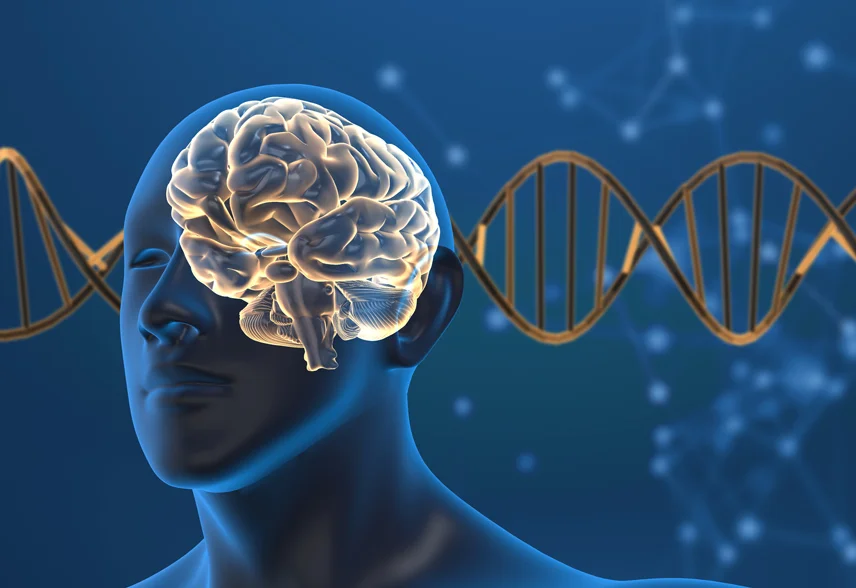Bipolar Disorder Treatment

Bipolar Disorder Treatment
The treatment of bipolar disorder typically involves a combination of medication, psychotherapy, lifestyle adjustments, and support systems. Bipolar disorder is a complex condition characterized by mood swings that range from depressive lows to manic highs. Here's an overview of the treatment approaches:
- Medication:
- Mood Stabilizers: These drugs help control and prevent both manic and depressive episodes. Lithium is a commonly used mood stabilizer.
- Anticonvulsants: Some anticonvulsant medications like valproate and lamotrigine can be effective in stabilizing mood swings.
- Atypical Antipsychotics: These medications can help manage manic symptoms and are often used in combination with mood stabilizers.
- Antidepressants (with caution): In some cases, antidepressants might be prescribed for depressive episodes, but they are usually used cautiously due to the risk of triggering manic episodes.
- Psychotherapy:
- Cognitive Behavioral Therapy (CBT): CBT can help individuals learn to recognize and manage their mood shifts, as well as develop coping strategies.
- Interpersonal and Social Rhythm Therapy (IPSRT): This therapy focuses on stabilizing daily routines and interpersonal relationships to help prevent mood episodes.
- Lifestyle Adjustments:
- Sleep Regularity: Maintaining a consistent sleep schedule is crucial for managing bipolar disorder symptoms, as disruptions in sleep patterns can trigger episodes.
- Stress Management: Learning stress reduction techniques, such as mindfulness and relaxation exercises, can help manage the impact of stress on mood.
- Support System:
- Building a strong support network of family and friends can provide essential assistance during both manic and depressive episodes.
- Education:
- Educating individuals and their families about the disorder can help in recognizing symptoms, adhering to treatment plans, and managing the condition effectively.
- Self-Monitoring:
- Keeping track of mood patterns, triggers, and medication effects can help individuals and healthcare professionals identify early signs of mood shifts and adjust treatment as needed.
- Hospitalization (if necessary):
- In severe cases, when manic or depressive episodes are extreme and could pose a risk to the individual's safety, hospitalization might be required for stabilization.


